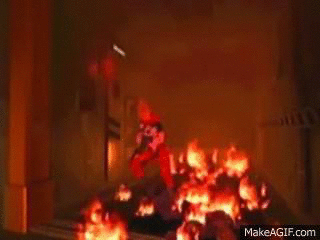GamingMoe recently had the opportunity to interview BIO HAZARD planner and scenario writer Kenichi Iwao, the man solely responsible for spawning what fans have come to know as the universe of the series.
Special Thanks to cvxfreak for assisting with the interview.
Source: GamingMoe
Special Thanks to cvxfreak for assisting with the interview.
Source: GamingMoe










Comment